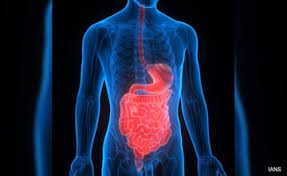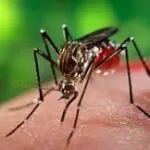In a groundbreaking series published in The Lancet, experts warn against the overmedicalization of menopause, advocating for a new perspective that views it as a natural phase of healthy aging. This paradigm shift, they argue, is crucial for empowering women to navigate menopause with confidence and dignity.
Menopause, affecting half the global population, has long been portrayed negatively, overshadowing the diverse experiences women undergo during this stage. The Lancet’s 2024 Series on menopause challenges the prevailing narrative, asserting that menopause is not solely a health issue to be remedied through hormone replacement therapy (HRT), but rather a pivotal aspect of women’s lives deserving of broader societal recognition and support.
“The misconception of menopause as always being a medical issue perpetuates fear and trepidation,” says Professor Martha Hickey of the University of Melbourne and Royal Women’s Hospital (Melbourne), one of the series’ co-authors. “Changing the narrative to view menopause as part of healthy aging may better empower women to navigate this life stage.”
The series emphasizes the need for an individualized approach to menopause, providing women with comprehensive information and support to make informed decisions. While HRT remains an option for managing symptoms like hot flushes and night sweats, the series underscores the importance of exploring alternative therapies, such as cognitive-behavioral therapy and lifestyle modifications.
Moreover, the authors challenge the prevailing belief that menopause is invariably linked to mental health issues. A review of 12 studies found no robust evidence linking menopause to an increased risk of depression or other mental health disorders for all women.
“Increasing awareness of evidence-based options for women is essential,” remarks Professor Myra Hunter of King’s College London. “Our series aims to provide women with the tools to choose how they wish to navigate menopause, free from judgment and stigma.”
However, the series also highlights specific groups requiring tailored support, such as those experiencing early menopause or menopause following cancer treatment. These individuals often face unique challenges and may benefit from targeted interventions to address their distinct needs.
“Increasing awareness, understanding, and access to effective treatments for these groups is urgently needed,” emphasizes the series.
In addition to healthcare professionals, researchers, and workplaces, the series underscores the importance of societal attitudes towards menopause. By fostering open dialogue and challenging stigma, communities can create a more supportive environment for women experiencing menopause.
Rachel Weiss, founder of the Menopause Cafe charity, echoes this sentiment, calling for a normalization of menopause in society. “It’s good that we are talking more about menopause,” she notes. “Now we need to swing the pendulum to the middle and normalize menopause.”
Ultimately, the Lancet series advocates for a holistic approach to menopause—one that recognizes its significance in women’s lives and empowers women to embrace this transformative phase with confidence and resilience.












